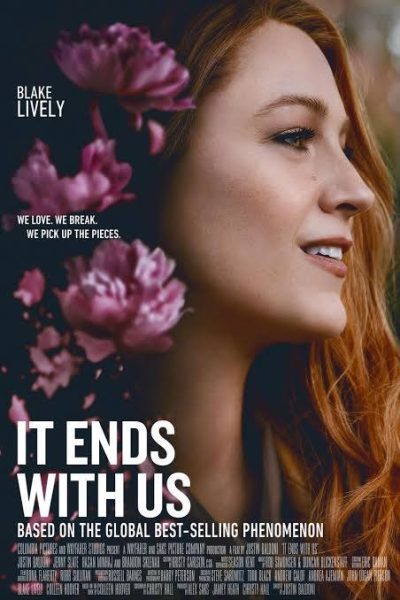Being “Pro-Life” is easy.
In the modern political climate of the United States, it is not possible to have a passive stance on abortion. The subject of reproductive health is seen as having two valid stances: pro-choice or pro-life. People are drawn to whichever group for a plethora of reasons: religion, personal experiences, secular morals, political ties, etc.
Being a part of today’s pro-life movement is easy. It is extremely uncomplicated to defend the lives of the unborn. That bundle of cells residing in a womb has no opinions or inconveniences. The unborn are not people; they have no criminal records, no mental health issues, no systemic struggles. They are the perfect martyr for a social movement.
To actually value all lives and believe that no one on this planet deserves to die is harder. When it comes to real-world events, some Americans are quick to justify why others deserve to die at the hands of authority. George Floyd was a vicious drug dealer who served time for aggravated assault and armed robbery. Tamir Rice was playing with a toy gun. Roylan Hernandez-Diaz was crossing the U.S.-Mexico border illegally.
Such callous justifications are not consistent with the idea that all lives have value. There was a rationalization, though cruel and unrelated, as to why these people died. It seems that the unborn are the only group that pro-lifers see as innocent. They cannot rationalize why they deserve to die.
Since the unborn are not yet real people, members of the pro-life movement often turn to make-believe conjecture to defend them. Convincing people that the unborn deserve to live is easy, because pro-lifers can make up any future that they want about them. They argue that maybe that aborted fetus would have been the scientist to discover the cure for cancer. Or the next Nelson Mandela. Or Maya Angelou.
Whatever the claim, it makes them easier to defend, as the unborn are not people that exist. These theories can neither be proved correct or incorrect. Pro-lifers speak in arguments of “what-if” and “could be” rather than “will.” If born, the fetuses will become complex individuals. Who will form their own beliefs and opinions through experiencing the world. Who will make their own lives and might not cure cancer or even believe in the same political ideas. Who will no longer be supported by the pro-life movement, as that movement isn’t concerned with children growing up in low-income homes, the foster care system, or other establishments.
It’s nice to exist in the pro-life world of make believe “what-if”s. Being pro-life is easy when you are only fighting for the unborn. But being actually pro-life? That is a hell of a lot harder.





